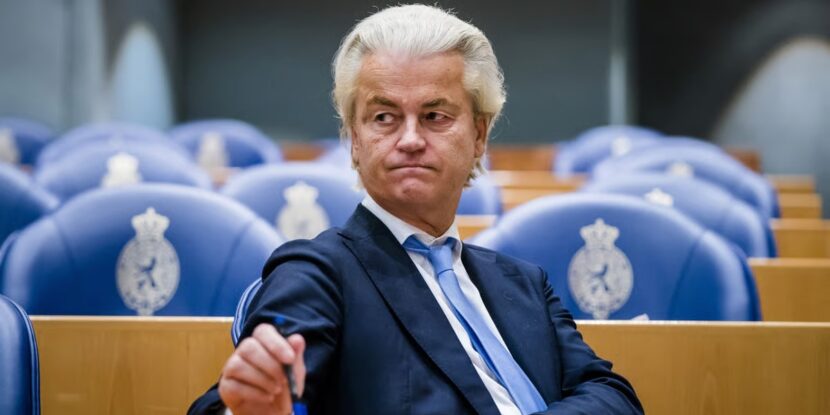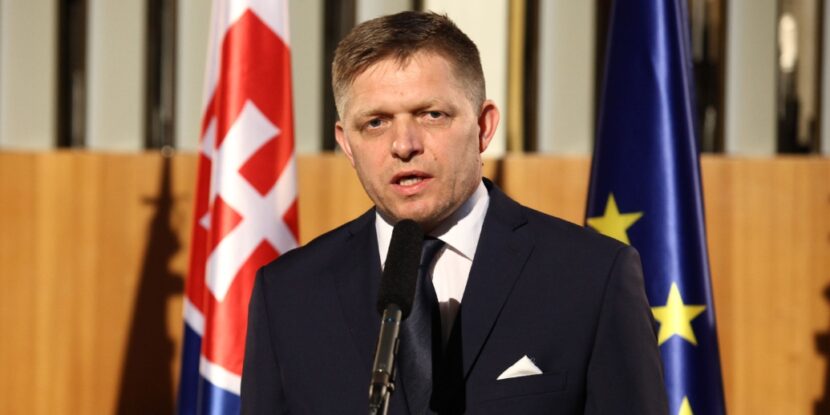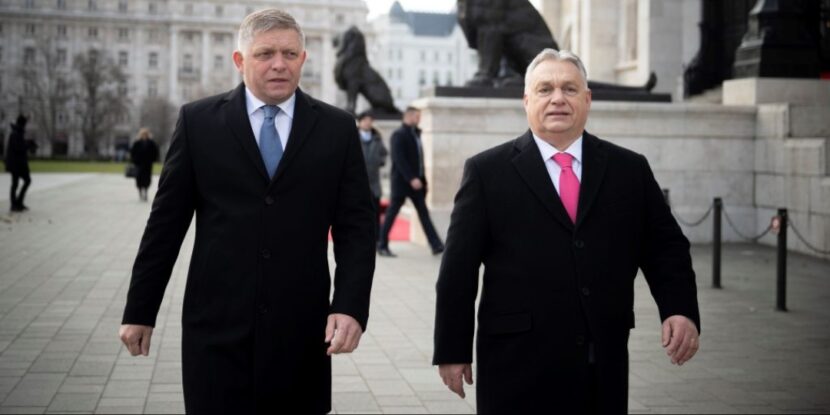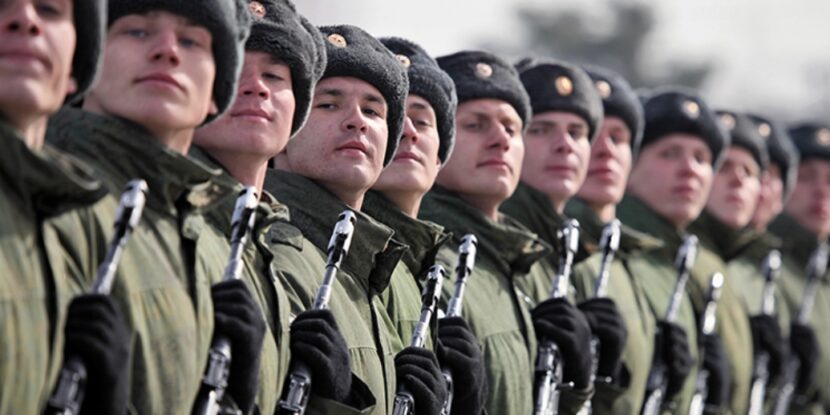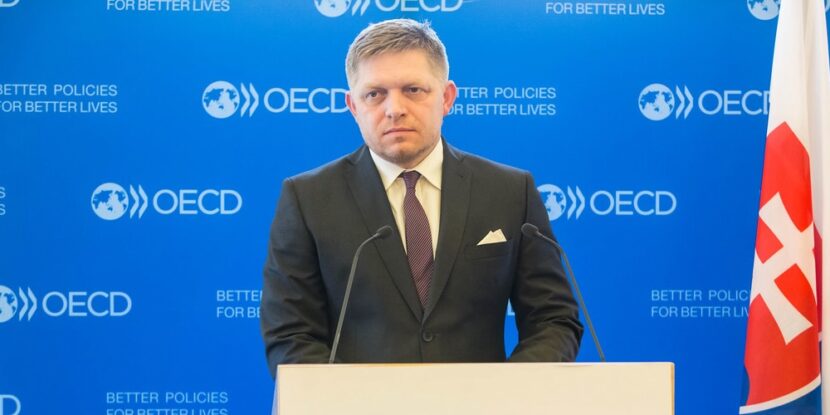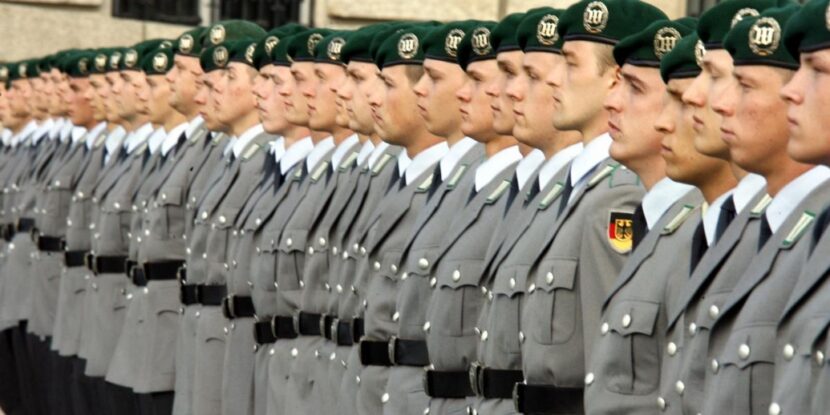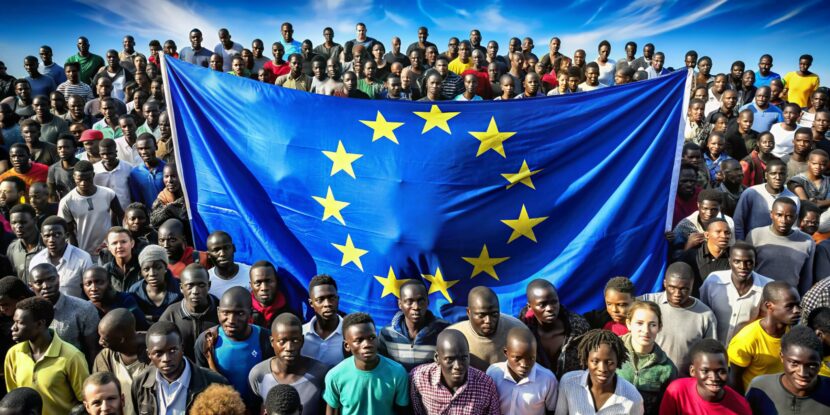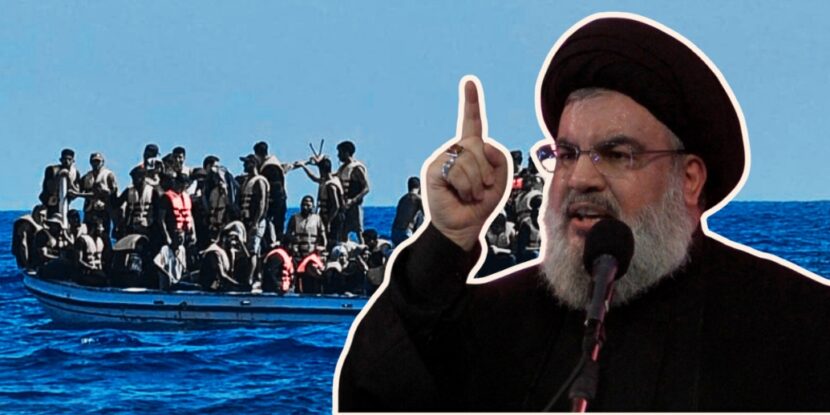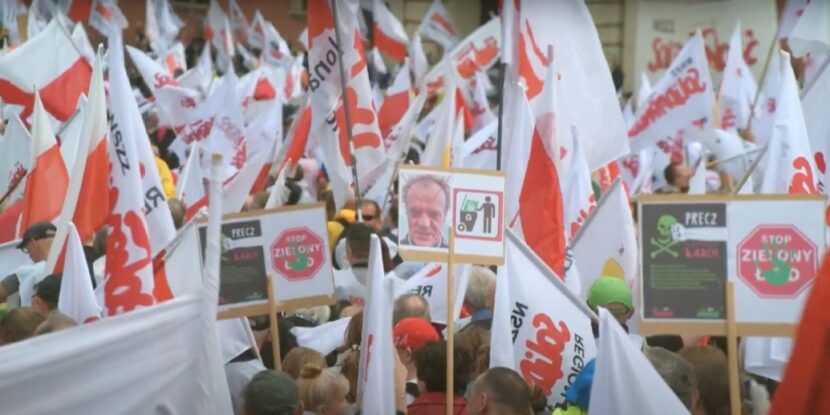An initial agreement among four right-leaning Dutch political parties was reached on Wednesday that could pave the way for the formation of a government. However, the agreement would exclude populist firebrand Geert Wilders from ascending to prime minister.
Since November last year, Wilder’s Party for Freedom has been attempting to form a government in coalition with the People’s Party for Freedom and Democracy — a long-standing center-right party that has governed the Netherlands for the last 13 years — the centrist New Social Contract party, and the Farmer Citizen Movement. While rumors of a political breakthrough in the negotiations have popped up in the past months, the question of whether Wilders would become prime minister continually proved a sticking point for the political centrists.
In March, Geert Wilders announced he would not seek the prime minister’s office — ostensibly removing a hurdle to the four political parties agreeing to form a government. They hold 88 seats in the Dutch House of Representatives, giving them a relatively comfortable majority.
The sentiment among party leaders remains largely positive, reflected in the comments of Caroline van der Plas, chief of the Farmer Citizen Movement. “This won’t go wrong,” van der Plas said on Wednesday regarding the tentative political agreement. Speaking to reporters on Wednesday as well, Wilders said of the negotiations: “We spoke about the prime minister today, as well. And we will continue that conversation at a later time.”
Following last November’s Dutch elections, Wilder’s Party for Freedom became the largest in the country’s lower legislative house. Though the Party for Freedom did not attain an outright majority, the election victory did position the party as the lead party in forming a new government.
show less